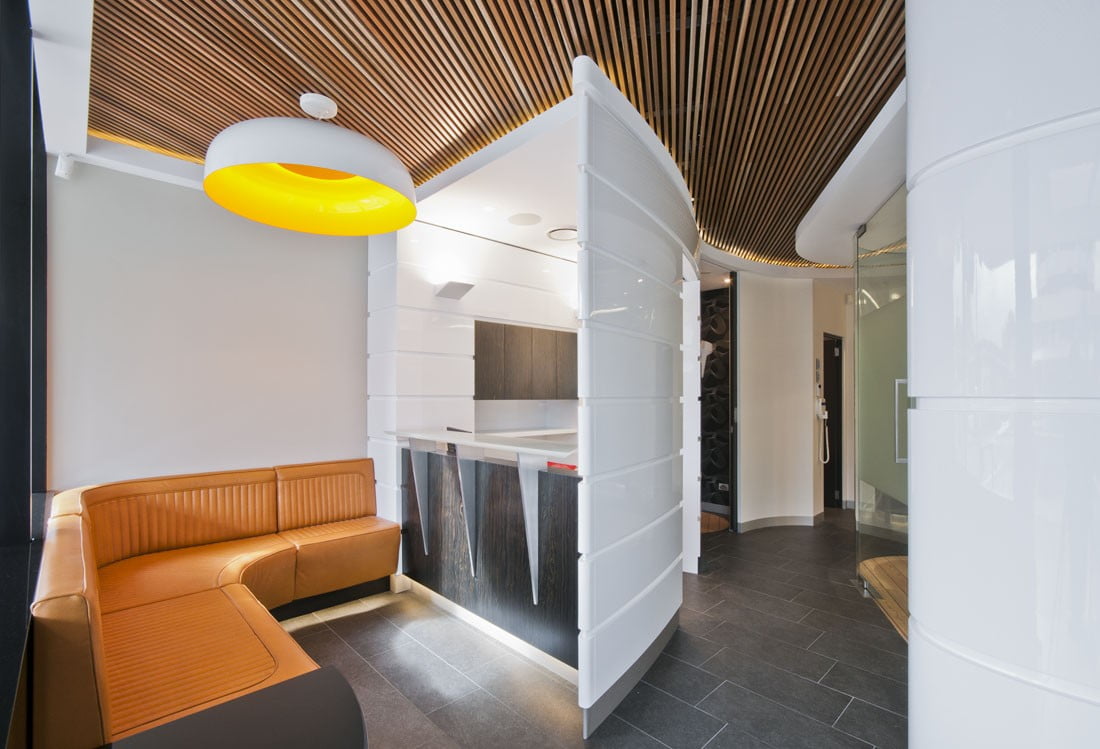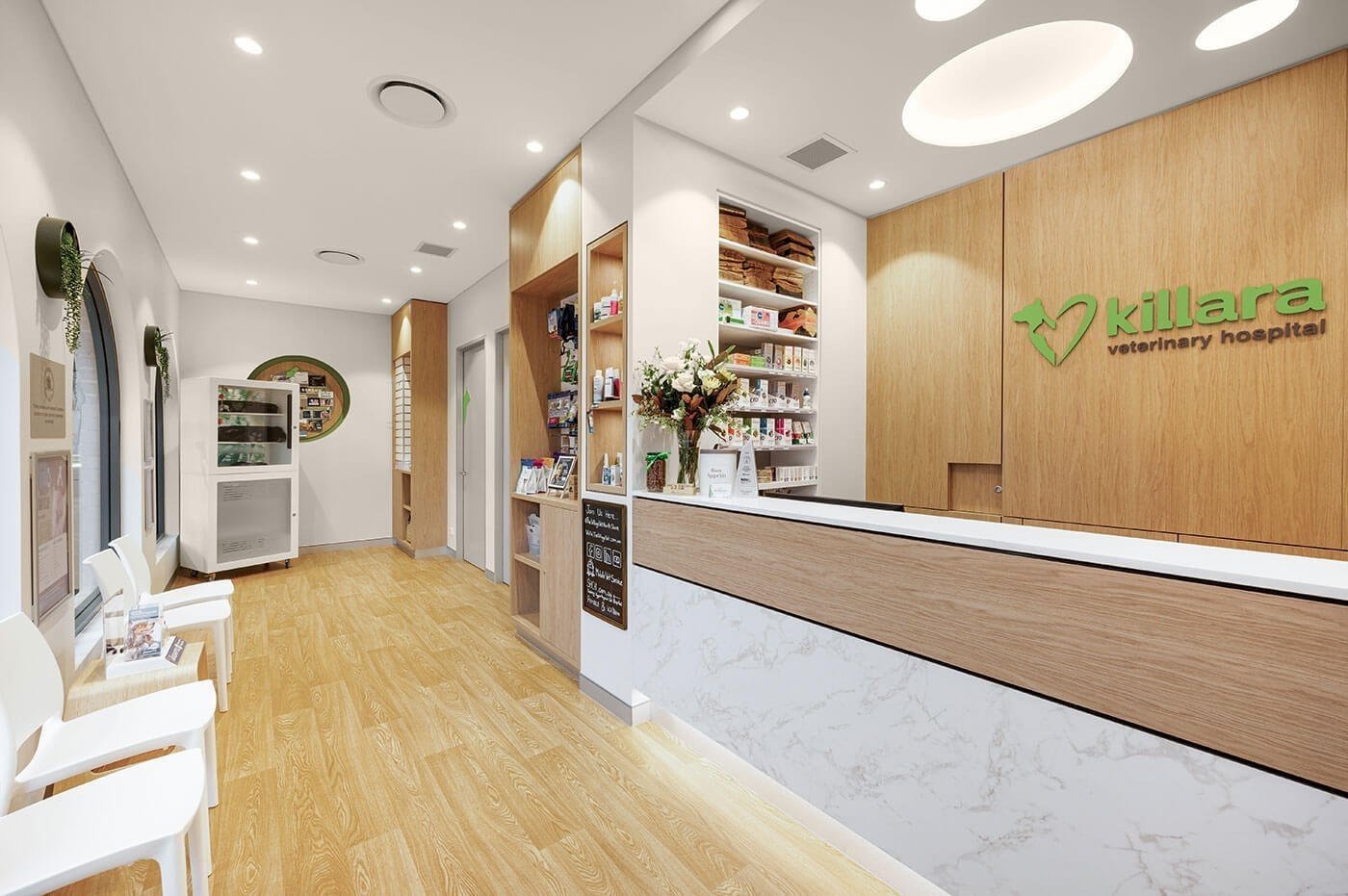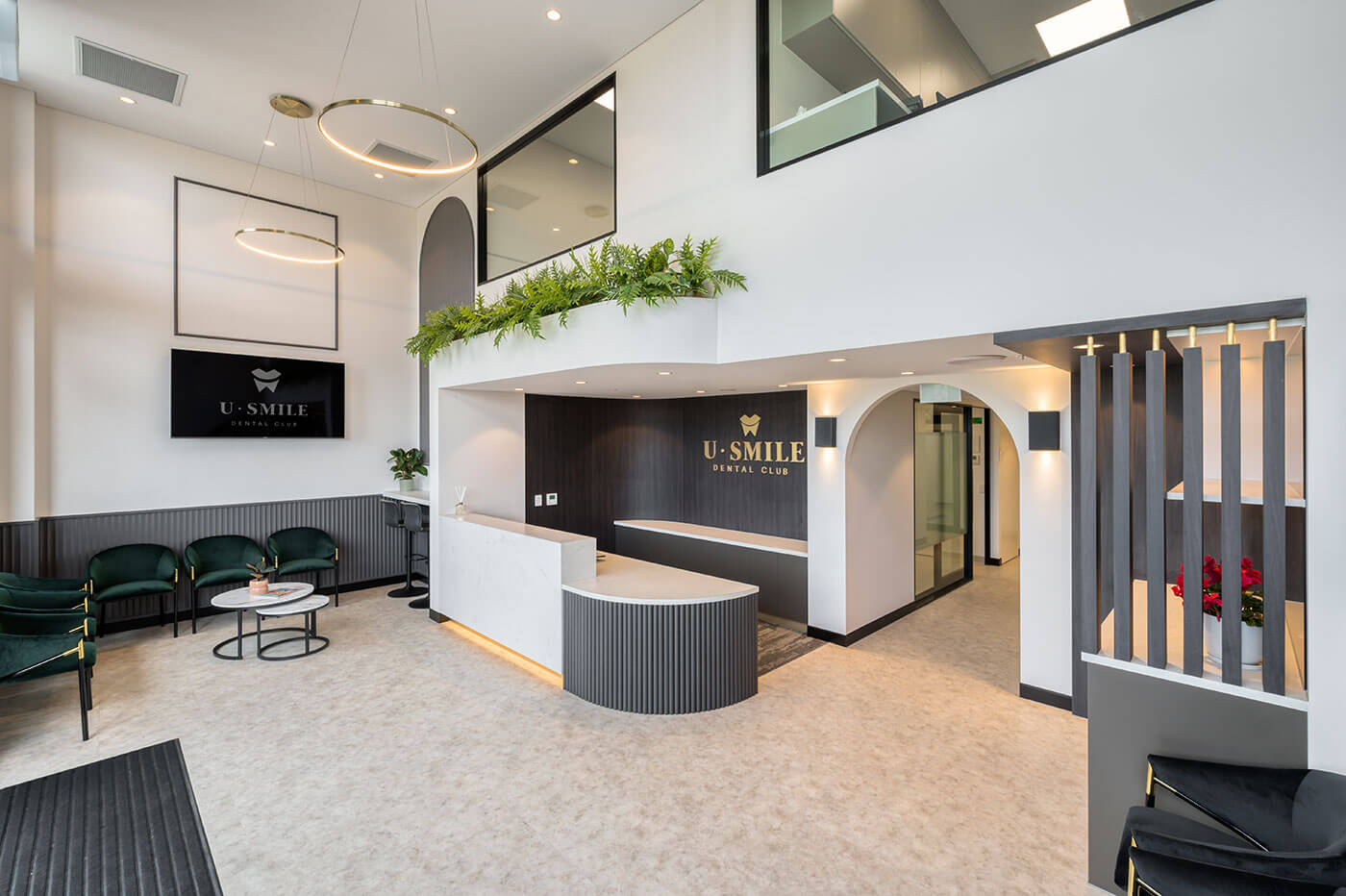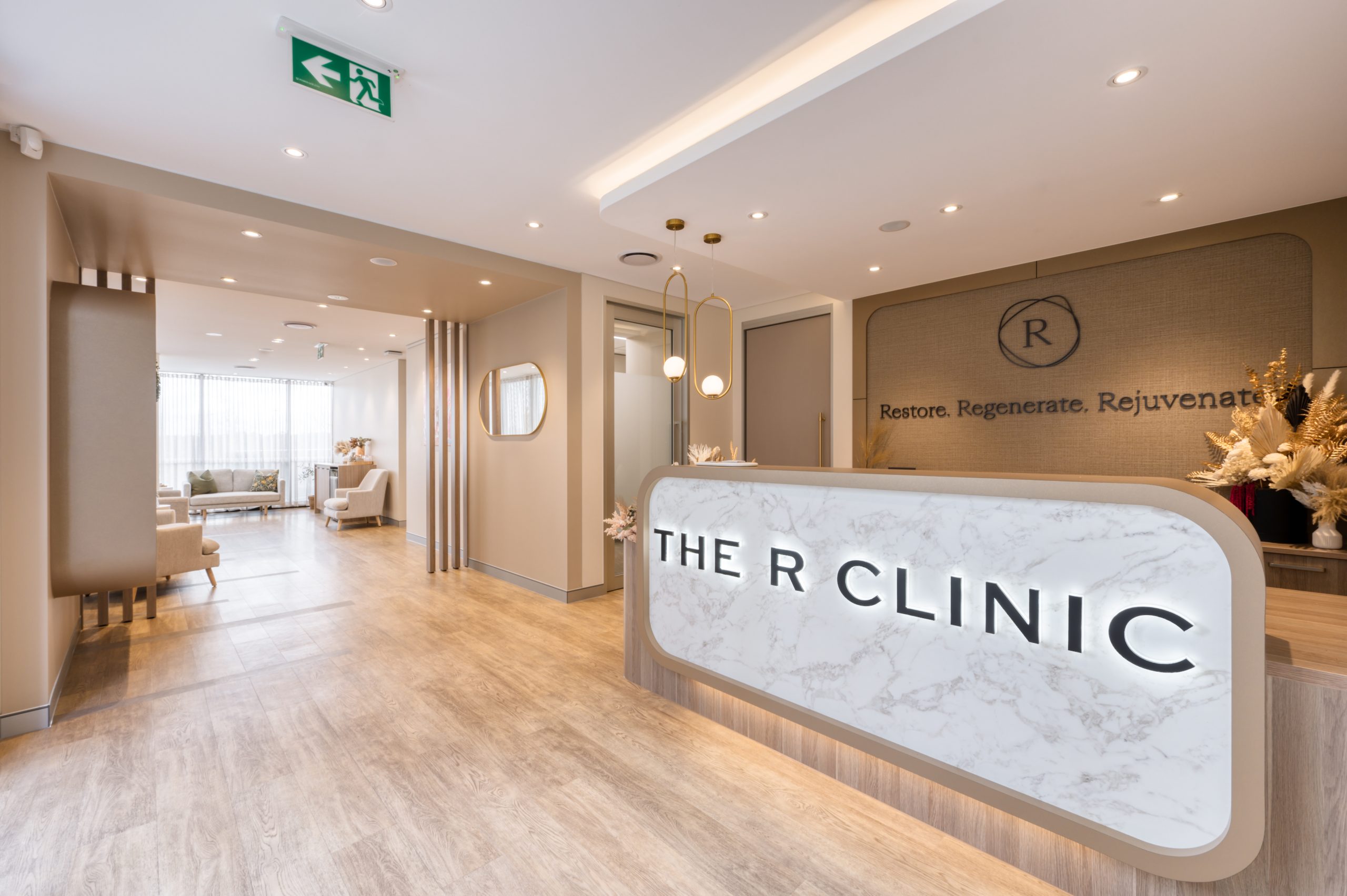Factors that influence the fit-out process
While there are many reasons to fit-out a medical practice, the business drivers are typically the same – to create a functional and efficient workspace that maximises the patient experience.
While there are many reasons to fit-out a medical practice, the business drivers are typically the same – to create Owners and operators of medical practices know that the traditional concepts of loyalty and customer retention no longer apply to the modern consumer. The medical practice is no different and design choices play a dominant role in influencing patient satisfaction which in turn drive key practice metrics such as new patient sign-up, referrals and patient retention.a functional and efficient workspace that maximises the patient experience.
Medical practice fit-out is complex. A sophisticated design ‘wrap’ that enhances the patient experience also has to accommodate a bewildering array of building code, regulatory, accreditation and compliance requirements such as car parking, disabled access, infection control, privacy and sound control, electrical fit-out, plumbing and network security infrastructure. The list goes on and on…
Benefits of turnkey contracts
When owners and operators of medical practices contemplate fit-out, they need to minimise project risk and maximise certainty of outcome. They need to be confident that their business goals will be achieved in terms of staff effectiveness, workflow and patient experience, and they want certainty around project costs, project timelines and regulatory and compliance sign-off.
Given the range and complexity of issues, a sensible option for owners and operators of medical practices is a turnkey contract. Turnkey refers to a product that is sold as completed; the contractor is responsible to the client for the entire result of the project and presents it to the client completely finished and ready to use. It means the burden of completion—the legal responsibility for the design and construction—is on the contractor, not the buyer.
For many medical practitioners, medical centre construction or fit-out is something they do rarely, if at all, during their career. It is wise to engage experienced fit-out specialists to complete the task, and a turnkey contract is a sensible option to consider as it affords the client several advantages:
Clear Coordination
The turnkey model is specifically set up to put all of the fit-out components required in the hands of experienced professionals with an end-to-end understanding of the relevant design, code, regulatory and compliance issues. This avoids the glitches that have a way of grinding projects to a halt.
Improved Communication
Within the turnkey framework, the client deals with a single party only and avoids the potential for confusion and delays from communicating with multiple parties. Alignment of interests Client and the contractor have same priorities and are focused on the same outcomes.
Increased certainty on timelines
A turnkey contract is particularly suited to short duration projects where the client requires a quick completion. The contractor can start procuring materials and sub-contractors as the designs are being finalised, and clearly defined project timelines maximises the efficient use of contractor resources.
Reduced management overhead
Turnkey contracts reduce the burden of managing or supervising projects for building owners. This is because the contract places the responsibility for the entire project upon the contractor who was awarded the contract.






